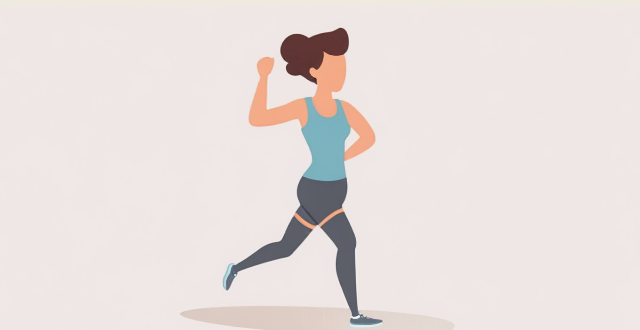Injuries are common in competitive sports, but there are ways to prevent them. Proper warm-up and cool-down exercises, use of protective gear, proper technique and training, adequate rest and recovery time, hydration and nutrition, and mental health awareness are all important factors in injury prevention. By following these tips, athletes can minimize their risk of injury while still enjoying the benefits of competitive sports.

How Can We Prevent Injuries in Competitive Sports?
Injuries are a common occurrence in competitive sports. However, there are several ways to prevent them. Here are some tips:
1. Proper Warm-Up and Cool-Down
- Warm-up: A proper warm-up session should include stretching exercises and light cardio activities such as jogging or jumping jacks. This helps to increase blood flow to the muscles and prepares them for the upcoming physical activity.
- Cool-Down: After the game or practice, it is essential to cool down with gentle stretching and relaxation exercises. This helps to gradually lower the heart rate and reduce muscle soreness.
2. Use of Protective Gear
- Helmets and Pads: Wearing helmets, pads, and other protective gear can significantly reduce the risk of head injuries, fractures, and other severe injuries.
- Mouthguards: Mouthguards protect teeth from being knocked out or broken during contact sports like football or basketball.
3. Proper Technique and Training
- Learn Proper Technique: Learning the correct technique for each sport can help prevent injuries caused by improper form or movements.
- Strength Training: Building strength through weight training or resistance exercises can help prevent muscle strains and tears.
- Flexibility Training: Incorporating flexibility exercises into your routine can improve range of motion and reduce the risk of injury.
4. Adequate Rest and Recovery Time
- Rest Days: It is crucial to have rest days between practices or games to allow your body to recover and prevent overuse injuries.
- Sleep: Getting enough sleep is essential for recovery and overall health. Athletes should aim for at least 8 hours of sleep per night.
5. Hydration and Nutrition
- Stay Hydrated: Drinking plenty of water before, during, and after physical activity can help prevent dehydration, which can lead to cramps and fatigue.
- Balanced Diet: Eating a balanced diet with adequate protein, carbohydrates, and healthy fats can provide energy for performance and aid in recovery.
6. Mental Health Awareness
- Stress Management: Managing stress levels through techniques such as meditation or deep breathing exercises can help prevent mental exhaustion and burnout.
- Seek Support: If you are experiencing anxiety or depression related to sports competition, seek support from a coach, therapist, or trusted friend.
By following these tips, athletes can minimize their risk of injury while still enjoying the benefits of competitive sports. Remember, prevention is key!